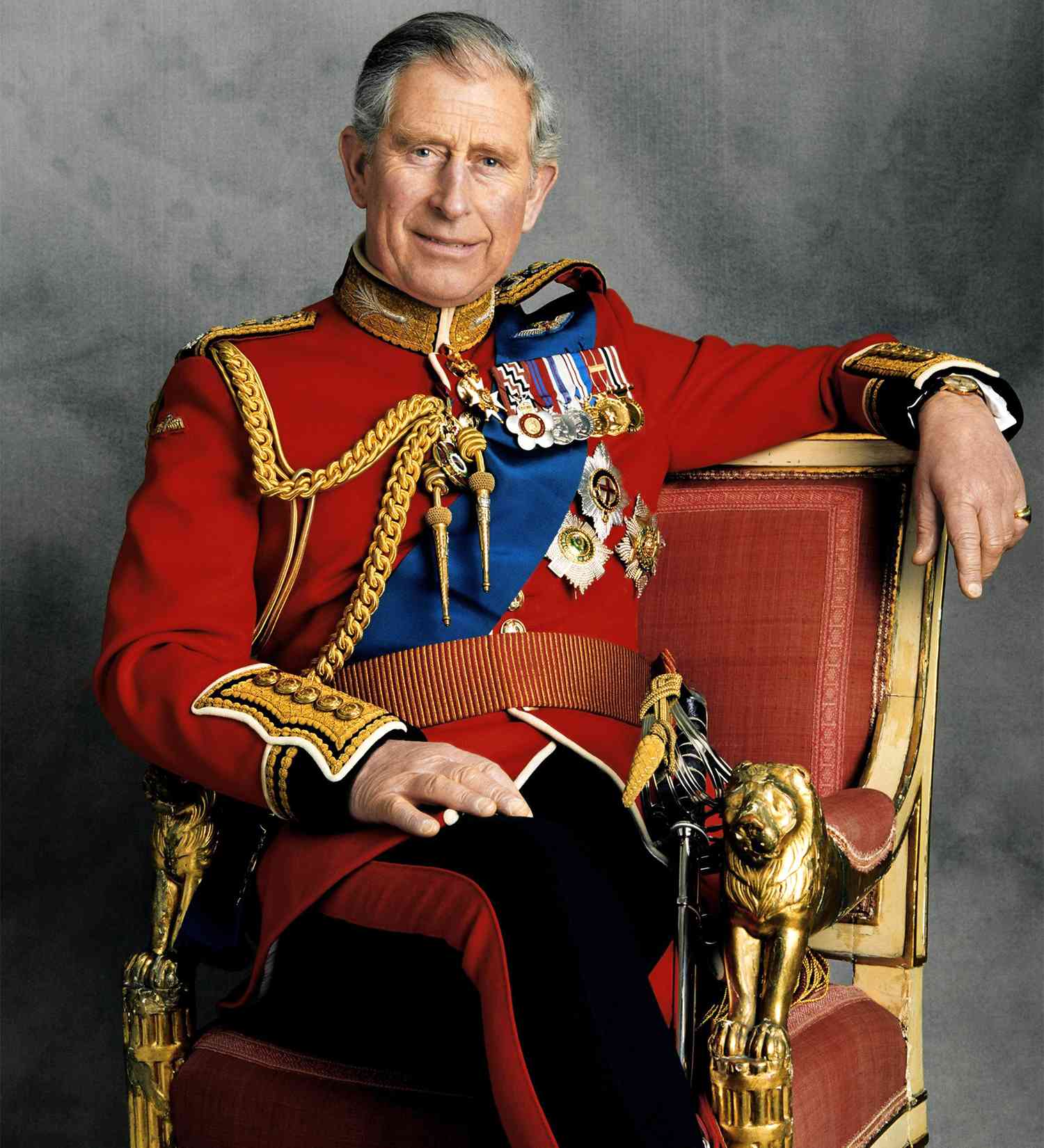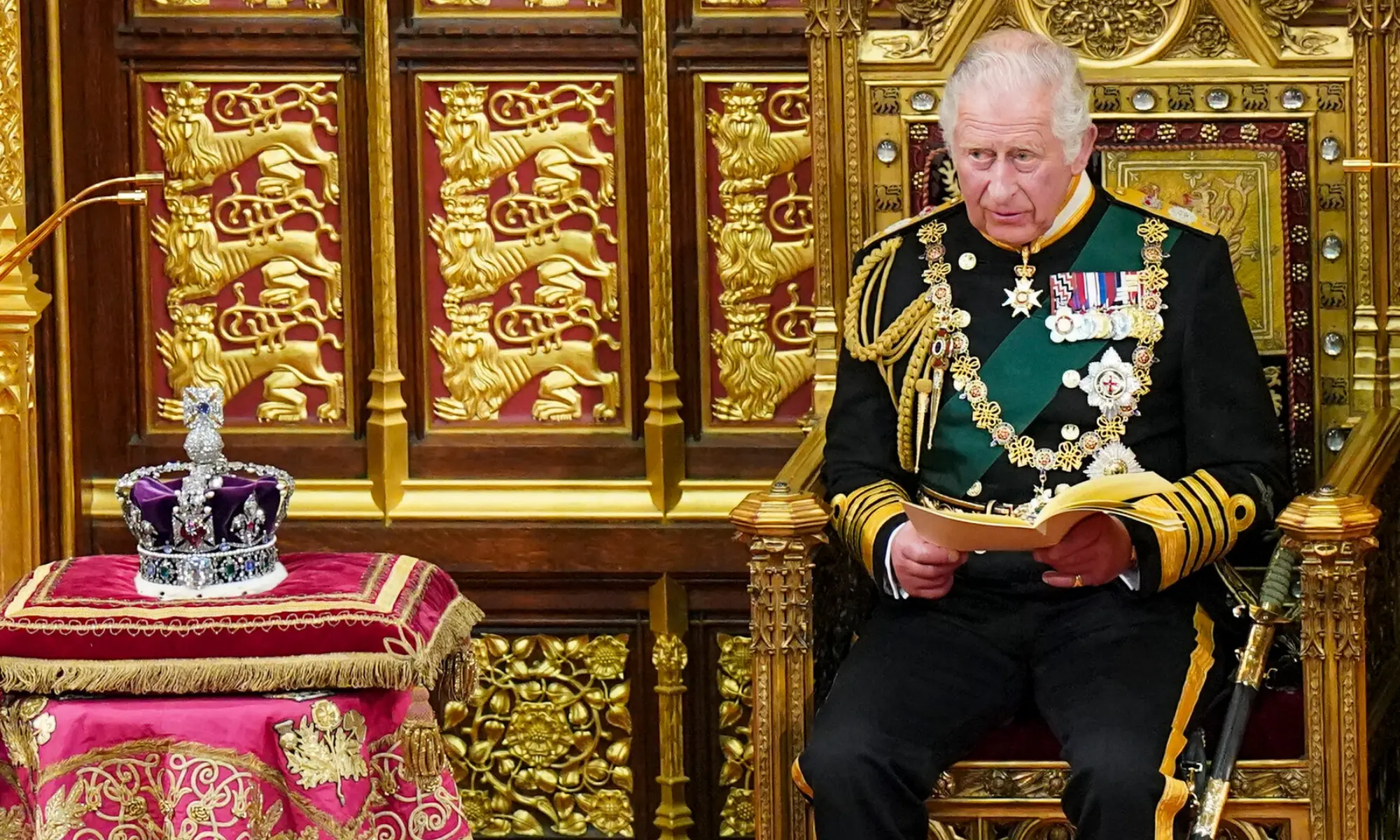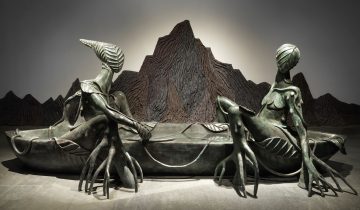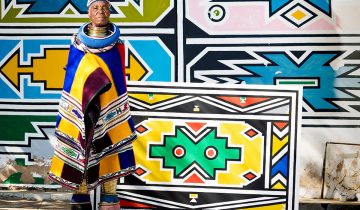King Charles III Coronation: African Art’s Royal Connection
In a thrilling and resplendent spectacle, the coronation of King Charles III on May 6 will not only celebrate a new era of the British monarchy but also reveal the rich tapestry of cultural exchange between Africa and the royal family. The presence of African art at the coronation serves as a testament to the undeniable influence of African culture on the British monarchy. This journal seeks to delve into the fascinating connections between African art and royalty during the coronation of King Charles III, highlighting the cultural exchange that has brought these two seemingly distant worlds together in a harmonious symphony.

Historical connections between African art and the British monarchy
The story of African art and the British monarchy is one of a long and intricate dance between two distinct cultures, a waltz that began with the early European explorations of Africa. Sailors and merchants from Britain, eager to expand their trade and influence, soon found themselves enamoured with the rich artistic traditions of the African continent.
The impact of African art on European art and design is perhaps best exemplified by the works of Pablo Picasso, who drew inspiration from African masks and sculptures to create his revolutionary style known as Cubism. The British monarchy was not immune to this fascination, and the royal collection boasts a variety of African art pieces acquired through gifts, diplomatic exchanges, and even acts of conquest.
One notable piece is the Benin Bronzes, a collection of exquisite sculptures and plaques from the Kingdom of Benin, now in modern-day Nigeria. These treasures, looted during the infamous Punitive Expedition of 1897, are a testament to the exceptional craftsmanship of African artists and the complex relationship between Africa and the British Empire.
King Charles III’s personal interest in African art
King Charles III, a discerning and cultured monarch, has long displayed a keen interest in African art. His numerous visits to African countries have afforded him the opportunity to interact with local artists and gain a deeper appreciation for the rich cultural tapestry of the continent.
During his visit to Ghana in 2018, the then Prince of Wales attended a display of traditional Ghanaian art and crafts, including the renowned kente cloth. This vibrant, handwoven textile is a powerful symbol of Ghanaian culture and history, and its intricate patterns and colors have inspired artists and designers around the world.
African art at the coronation of King Charles III
The coronation of King Charles III will be a celebration of the monarchy’s deep connections to Africa, and African art will take center stage. A curated selection of African art pieces will be displayed prominently, showcasing the breadth and depth of Africa’s artistic traditions.
One such piece to be displayed is a Yoruba beaded crown from Nigeria, symbolizing the rich cultural heritage of the Yoruba people and their longstanding tradition of beadwork. This exquisite artifact serves as a bridge between African art and the British monarchy, reflecting the harmonious relationship between these two diverse cultures.
In a nod to the growing influence of contemporary African art, the coronation will also feature the works of internationally acclaimed African artists, such as El Anatsui and Sokari Douglas Camp. Their innovative and thought-provoking art will showcase the creative prowess of African artists on the global stage.
Cultural exchange between Africa and the British royal family
The coronation of King Charles III heralds a new era of cultural exchange between Africa and the British royal family. Collaborations between African and British artists, such as the partnership between Yinka Shonibare and the Royal Opera House, demonstrate the remarkable potential for innovation and creativity when diverse artistic traditions come together.
In addition to artistic collaborations, the royal family has supported educational programs and initiatives aimed at fostering a deeper understanding of African culture and history. The Prince’s Trust, for example, has long been a patron of arts education in Africa, sponsoring workshops and exchange programs that bring together artists and students from both continents.
The impact of African art on the perception of Africa in British society cannot be underestimated. As the British public is exposed to the wealth of Africa’s artistic heritage, stereotypes and misconceptions about the continent are challenged, and a new appreciation for its cultural richness emerges.
The connections between African art and the British monarchy during King Charles III’s coronation underscore the profound cultural exchange that has taken place between Africa and the royal family. Through the display and celebration of African art at the coronation, the British monarchy acknowledges the significance of African culture and history, fostering a greater understanding and appreciation of the continent’s diverse artistic traditions.
In the future, the continued cultural exchange between Africa and the British royal family is vital for mutual understanding and growth. As artists from both continents collaborate and learn from one another, they will undoubtedly create new and innovative works of art that will inspire and captivate generations to come. In this way, the legacy of King Charles III’s coronation and its celebration of African art will endure, serving as a beacon of hope for a world united by the transformative power of art and culture.
Frequently Asked Questions
Q: What time is the coronation of King Charles III?
A: The first procession will begin at 10.20am.
Q: Will Charles Coronation be televised?
A: Yes, the coronation of King Charles III is expected to be televised, allowing people from around the world to witness this historic event however the anointing of the King is to be kept hidden from the public.
Q: Who is going to the coronation of King Charles III?
A: The guest list for the coronation will include members of the British royal family, foreign dignitaries, and prominent figures from various fields. Additionally, representatives from different countries and cultural backgrounds, including Africa, will be present to celebrate the cultural exchange between Africa and the monarchy. Prince Harry confirmed he would attend, but his wife Meghan would not.
Q: How long will we wait for King Charles’s coronation?
A: The coronation of King Charles III is scheduled to take place on May 6. The time between the accession and the coronation allows for the planning and organization of the elaborate event, ensuring it runs smoothly and honors centuries of tradition. This is the first time a coronation ceremony is taking place on a weekend since 1902 when Edward VII was crowned King.
Q: Will there be a full coronation for King Charles?
A: Yes, a full coronation ceremony is planned for King Charles III, honoring the centuries-old traditions associated with the British monarchy. The ceremony will include elements showcasing the cultural exchange between Africa and the royal family, emphasizing the importance of African art and its connection to the monarchy.





 No products in the basket.
No products in the basket.